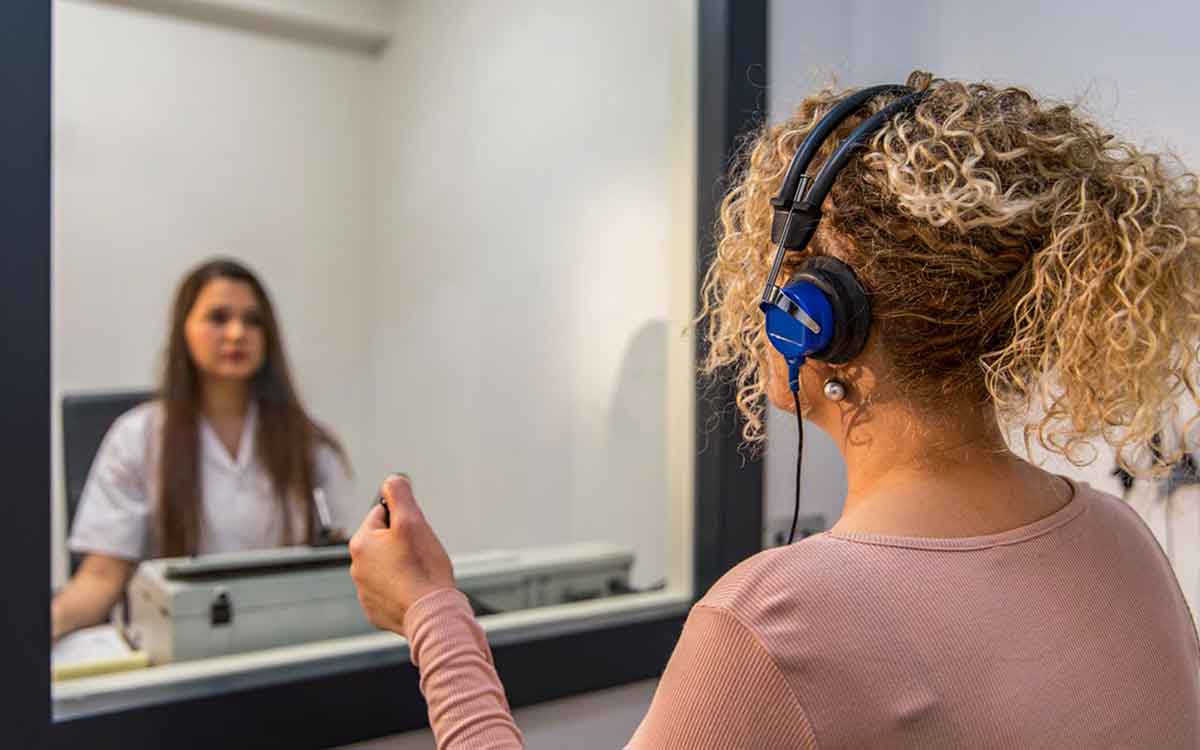
When should you schedule a hearing evaluation? Here are some indications that reveal you should get your hearing tested.
The other day, my kids complained about how loud my TV was. Do you want to know what I said to them? I said, “What?!” It was amusing because it was a joke. But it also wasn’t. The volume of the TV has been escalating. And I began to think about whether I should schedule a hearing exam.
There’s no good reason to avoid scheduling a hearing test. They are non-intrusive, they don’t involve any radiation, and you can be at ease without concerns about your comfort level. You just need to take a brief moment to book an appointment.
Thinking about how much untreated hearing loss can influence your health, it’s important to be more vigilant about it.
You should have your hearing checked if you detect these signs
If you’ve recently noticed any signs of hearing loss, it’s most likely a good plan to get a professional hearing screening. Clearly, if things are difficult to hear, that’s a pretty solid indication of hearing loss.
- It’s difficult to hear in noisy venues: Have you ever been to a crowded or noisy space and had difficulty following the conversation because of all the background noise? It’s possible that this could be an indication of impaired hearing.
- People always seem to be talking unclearly: The issue might not always be volume but instead clarity.
- You often miss text messages: Your phone is meant to be attention-grabbing. If you routinely fail to notice incoming calls or texts, the issue may be that you’re not able to hear them.
- Ringing that won’t go away: Ringing in your ears, also called tinnitus, is typically a sign of hearing damage.
Other indications you should schedule a hearing test:
- Your ear hasn’t opened after an infection
- You have a buildup of earwax you can’t remove on your own
- Medicines you’re taking might be harming your hearing
- Distinguishing where sounds are coming from can be challenging
- You’re experiencing balance problems
Routine hearing evaluations
Even if you’re not experiencing any obvious symptoms, it’s still important to schedule routine hearing tests.
- Get a baseline test done sometime after you’re 21.
- If your hearing is normal, get hearing assessments every three years.
- If you demonstrate symptoms of hearing loss, have it checked out immediately and then every year after that.
Regular screenings may detect hearing loss early, before any symptom are obvious. Prompt professional attention can substantially improve your chances of preserving healthy hearing over time. So you should decrease the volume on your television and consider aranging a hearing evaluation.